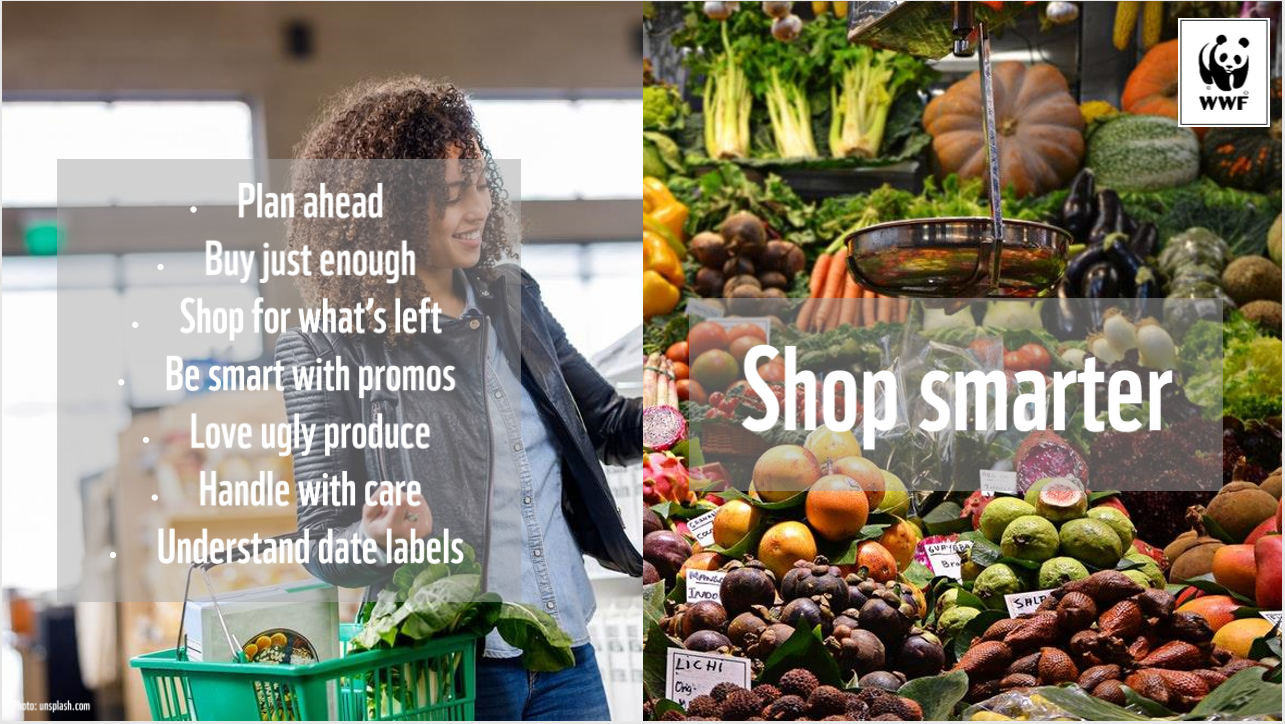© unsplash.com
The answer to the question above is that the way we produce and consume food has been identified as the single biggest threat to nature! That is also the reason why we are working on sustainable consumption and production, with the goal to establish sustainable food systems.
Did you realise that our food consumption and production has this big impact on nature and represents such a big threat?
© WWF-Malaysia, © earthnewsmedia.com
Now, one of the areas where we can and should really change our habits and as a consequence can lessen the environmental impact is food loss and waste. According to the UN Food and Agriculture Organization (FAO) “Food loss is the decrease in the quantity or quality of food resulting from decisions and actions by food suppliers in the chain, excluding retailers, food service providers and consumers.” Thus food loss refers to lost resources from the field and along the food supply chain, just before food enters retailers, restaurants or other food service providers. Food waste on the other hand refers to resources that are wasted at the consumption level, be it at the retail sector, the food service sector or within consumers’ households.
Food loss is often due to inadequate storage and transport facilities, malfunctioning logistics or overproduction. Food waste occurs when food products do not live up to the ideal in terms of shape, size or colour and are thus rejected by retailers, or food that is close to its sell-by date, or when food goes off in households. More on FAO’s discussion of food loss and waste.
Can you guess how much of our food is wasted?
© WWF
Can you believe it? As much as 1/3 of our food is wasted! Think of all the resources and the energy that went into producing food, all the land that was needed for its production, and all the emissions that were generated in the process, and now imagine that 1/3 of all of that was spent in vain…
This is an almost unbearable thought, but the good news is: we can do quite a bit about avoiding food waste. Have a look at the slides below that will hopefully inspire you into reconsidering some of your food consumption habits (just click on the picture below).
© unsplash.com
WWF has initiated a communication campaign on this topic, which is running in a number of countries around the world. Visit the website for more information: saveonethird.
– Blog posted by Tanja Ploetz, Senior Programme Manager SCP, Agriculture and Land Use Change, WWF-Germany –







